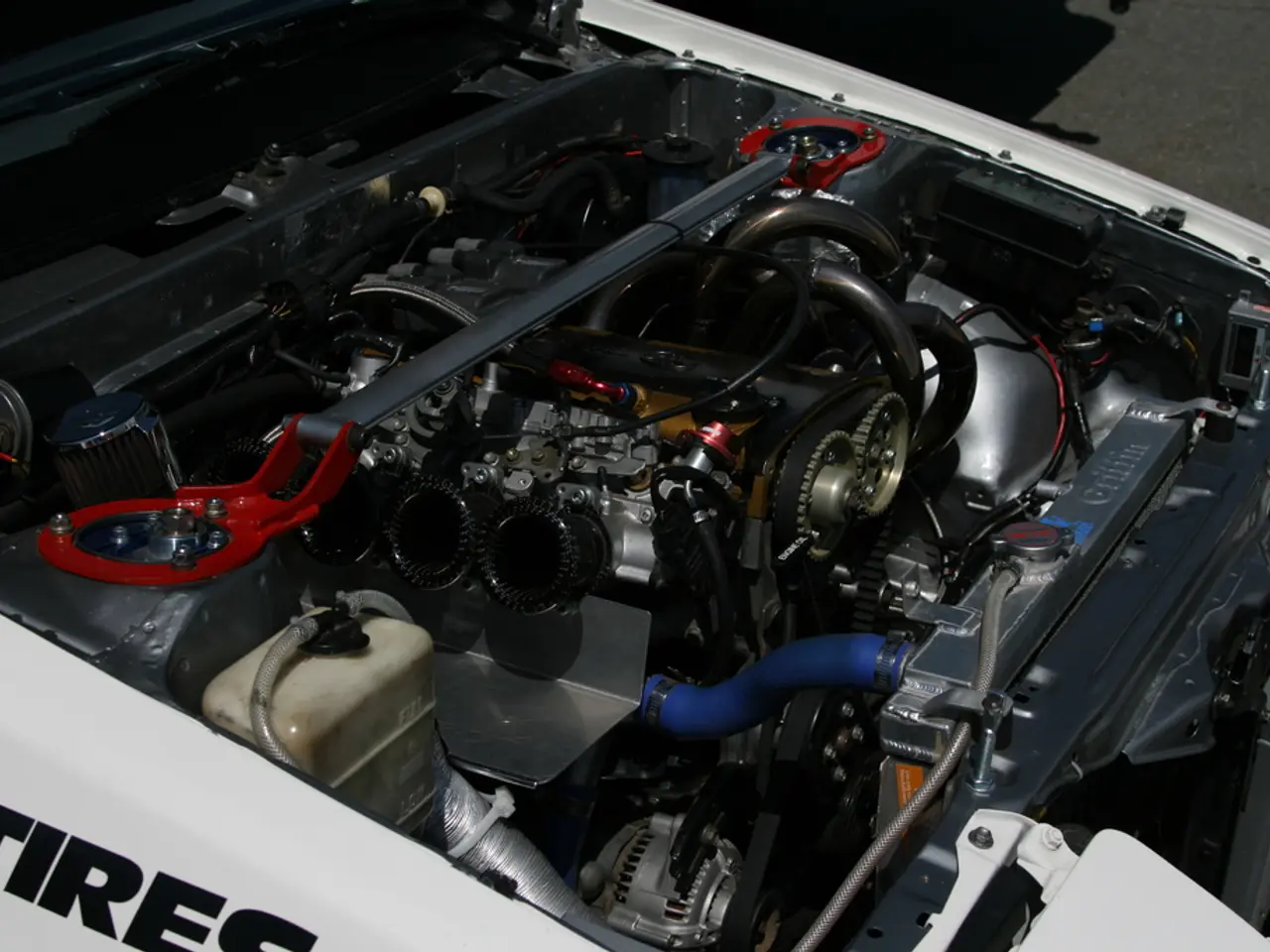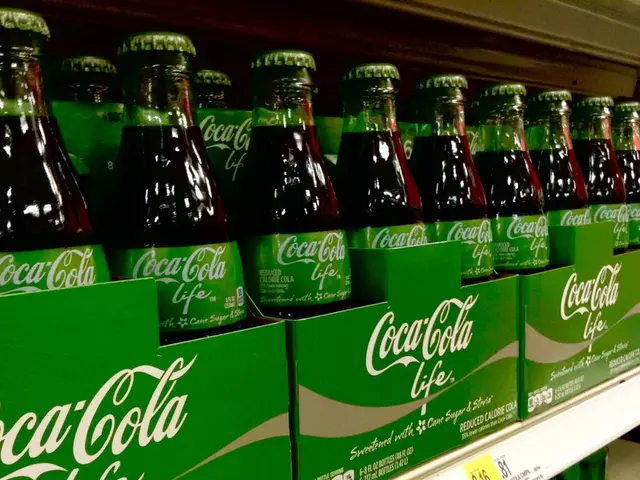Investigating the Origin of Randomly Occurring Power Surges in Hydrogen and Methane Fueled Engines, a Task for Researchers
In a groundbreaking development, scientists are delving into the source of a phenomenon known as super-knock in engines running on hydrogen and methane fuels. This occurrence, which happens when a detonation wave rapidly consumes all the fuel, leading to a strong pressure spike, is more damaging than normal knock and can cause significant engine damage.
The international research team, led by Sandia National Laboratories, has been investigating the impact of non-thermal reaction chemistry on the propagation of combustion fronts for a H-CH fuel mixture burning in air within a bounded domain, representing an idealized engine cylinder. Their study suggests that including non-thermal 'termolecular' reactions in their model is crucial for understanding H-CH combustion.
One potential solution to reduce super-knock is using fuels made of a mix of hydrogen and methane. This strategy, when employed in internal combustion engines, could be a promising step towards reducing carbon dioxide emissions. Adding methane to hydrogen fuel can smooth combustion and reduce certain emissions, making it a viable alternative for efficient and environmentally friendly engine operation.
The team used the S3D direct numerical simulation (DNS) code with 1 micrometer spatial resolution to study the behaviour of these fuel mixtures. They found that the transition from a desirable combustion mechanism to the formation of a detonation wave is a concern when burning these fuels in spark-ignited engines.
The researchers' proposed model demonstrates that perfect synchronization between the pressure wave and the spark-triggered flame front results in the deflagration-to-detonation transition (super-knock) without spontaneous ignition in the unburned end-gas. The inclusion of chemical explosive mode analysis (CEMA) showed that temperature and oxygen concentration remain the dominant variables affecting detonation formation in H/CH-air mixtures.
The team's findings highlight the need for further research into hydrogen/methane fuel reactions to aid in engine design for reduced carbon dioxide emissions. As hydrogen is at higher risk of super-knock than other fuels due to the ways engines must operate to run efficiently on hydrogen, understanding the causes of random super-knock formation in engines running on hydrogen/methane fuels is essential for the development of viable alternatives to fossil fuels in internal combustion engines.
However, it's worth noting that no specific scientists or research groups investigating the causes of random super-knock formation in engines running on hydrogen/methane fuels are identified in the provided search results. This underscores the ongoing nature of the research in this field and the need for continued collaboration and investigation.
In conclusion, the study offers valuable insights into the complexities of super-knock in hydrogen and methane fueled engines, paving the way for the development of more efficient and environmentally friendly engine designs. As the world moves towards a more sustainable future, understanding and addressing issues like super-knock will be crucial in the transition from fossil fuels to cleaner, greener alternatives.
Read also:
- MRI Scans in Epilepsy Diagnosis: Function and Revealed Findings
- Hematology specialist and anemia treatment: The role of a hematologist in managing anemia conditions
- Enhancing the framework or setup for efficient operation and growth
- Hydroelectric Power Generation Industry Forecasted to Expand to USD 413.3 Billion by 2034, Projected Growth Rate of 5.8% Compound Annual Growth Rate (CAGR)








